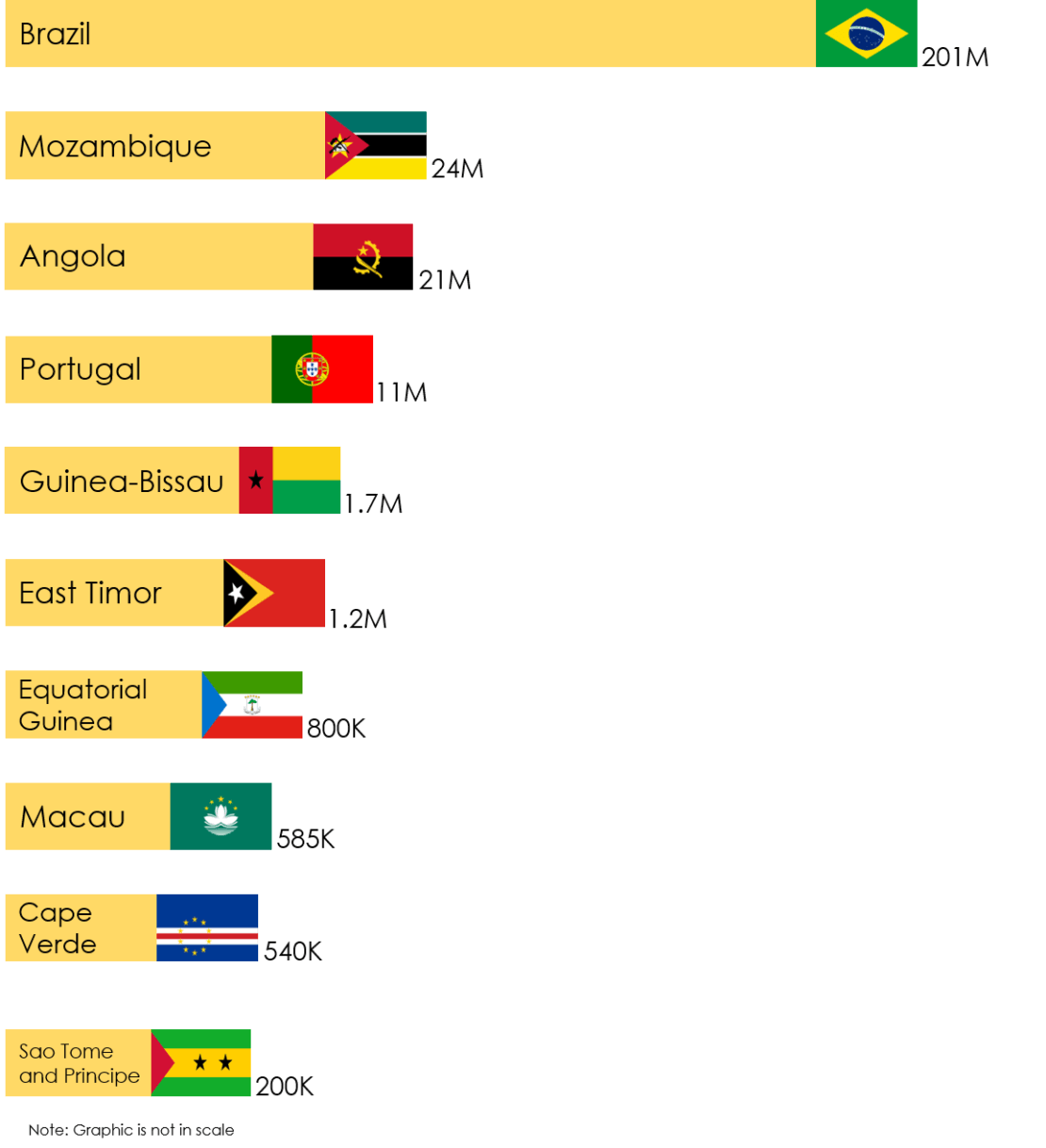
What to expect in 2015 from the FDA's UDI Final Rule
Articles
・5 min read
Although it has been in the works for more than a century — with starts and stops, laws and then the repeal of those laws — the Portuguese Language Orthographic Agreement is now in effect…mostly.
An international treaty with the purpose to create a single official method of spelling the Portuguese language was implemented January 1, 2015. It is hoped that the common language rules will lead to easier internet searches, will help to standardize legal documents for global business, elevate the prestige of Portuguese as a language and last but not least open up bigger marketing and promotional opportunities for books and movies.

You’re likely aware that there are two variations of Portuguese – Continental Europe and Brazilian – but you may not be aware of the deep divide between them. Shortly after transitioning from a monarchy to a republic, Portugal modified the face of its written language in 1911 to bring Portuguese closer to modern trends in language.
However, these language reforms were made without the consent or agreement of Brazil, its former colony. Without agreement between the two countries, each was left with two entirely different ways of spelling and pronouncing their “shared” language.
Throughout the 20th century, The Science Academy of Lisbon and the Brazilian Academy of Letters led numerous efforts to establish common spelling between the two countries. The first agreement was reached in 1931, but after each nation published vocabularies in the decade that followed, differences were apparent. Laws were passed on each side of the Atlantic to regulate the language, but the law was later repealed in Brazil. Then a new agreement, effective in Brazil in 1971 and 1973 in Portugal, brought the languages closer by eliminating the written accents that had been the cause of about 70% of the differences between the two official languages. Still more consolidation efforts were attempted throughout the 1970s and 80s, but failed.
The Portuguese Language Orthographic Agreement of 1990 was ratified by Brazil in 2004 and implemented in 2009. Portugal’s parliament has voted to introduce changes to the Portuguese language in 2008, but due to public sentiment, the Government allowed for a 6-year transition where both spellings could exist within Portugal.
Other Portuguese-speaking nations impacted by the reform (Angola, Mozambique, Cape Verde, GuineaBissau, Macau, East Timor, Sao Tome and Principe) have ratified and implemented the Agreement.
The Agreement is mandatory as of January 1, 2015 and ushers in several significant changes including:
Meanwhile, these reforms have a big impact on translation and localization. It will be necessary for Argos Multilingual to review all 100% matches and Context TM segments in your Portuguese memory databases as they are applied to new translation projects. Rest assured, Argos Multilingual will review your materials that have already been translated so they can be updated accordingly as your Portuguese projects are updated.
About 1.65 percent of the Portuguese vocabulary is impacted by the spelling reforms. Although the new linguistic standard bridges the gap between the two vocabularies, it will in no way alter the distinct and stylistic idiosyncrasies of the two languages.
Although the Agreement will eliminate the vast majority of the spelling discrepancies it will be some time before there is a uniform version of written Portuguese. After all, it’s taken over 100 years to move the two variations of Portuguese this “close” again.
Argos Multilingual – our mission is to provide high-quality innovative language solutions to our customers while being the most respected business partner in the localization industry. We provide a full range of language translation services that cover all our clients’ needs. Contact Us and find out how we can help you with your next translation project:
What to read next...
Want to know more?
The latest industry news, interviews, technologies, and resources.
View all resourcesGet in touch
We are committed to giving you freedom of choice while providing subject matter expertise and customized strategies to fit your business needs.
Contact us